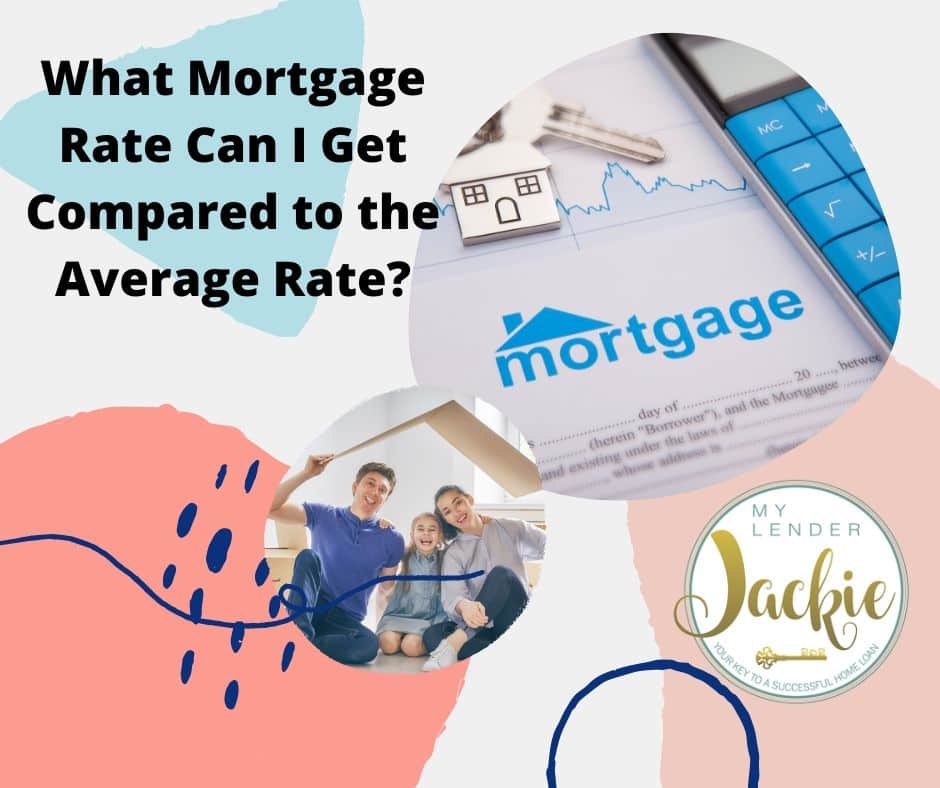Mortgage rates are lower than they have been in several years making this a really good time to apply for a mortgage and take advantage of lower payments. One thing applicants should be aware of though is that the national averages you see on the news and read about in headlines may not be the rate you will be offered by a lender.
The rate the lender will give you compared to the average rate that is advertised everywhere depends on two things: your personal credit score and the type of loan you are applying for. Right now restrictions on qualifying factors play a big role in the final interest rate offered by a lender and the tightened restrictions are a result of an unstable economy.
Lenders are clamping down on expectations for the qualification because of a slightly higher chance of borrowers needing forbearance or missing payments. Stiffer requirements impact loan offerings and in some cases can push interest rates higher for borrowers that are considered higher risk.
Factors that Set Mortgage Rates for Borrowers
Your Credit Score is the first, largest, and most important factor to help determine what interest rate you will be offered. This is due to the fact that interest rates are set on the perceived risk as a borrower. A higher credit score tells a lender that the borrower is responsible with their current credit and therefore they are measured as a lower risk. Lower risk means a better interest rate offer.
Currently, a borrower with a 720 credit score can get about 78 basis points lower than borrowers with a credit score of 660 or less. It may not seem like a huge amount, but the amount of money spent long term adds up.
As an example: if you borrow $2K with a 3.5% interest rate on a 30 year fixed-rate mortgage, you are making a monthly payment of $898. This money is applied to both the principal (actually paying down the purchase price borrowed) and interest. Over the life of the loan, you will have paid $123,000 over the $2k purchase price in interest. If the interest rate was set at 4.3% the monthly payment moves up significantly but not exorbitantly to $989, but you end up paying a whopping $156,500 in interest over the life of the loan.
Other factors that play into interest rate determination include:
- Down payment
- Loan type
- Life of loan or loan term
- Entire Loan amount and closing costs
- Interest rate type
- Location of the Property Purchased
Each lender has its own set of overlays. These are rules beyond the federal law requirements that a bank has in place concerning loan qualifications. So when applying for a loan it is a good idea to look at your options. What one bank offers is not going to be what all banks will offer.
It is a good idea to take a look at what different banks in your area will offer you and go with the best loan product for your financial situation. For help finding the right mortgage in California for you please contact me anytime. I would love to help you discover your options.


